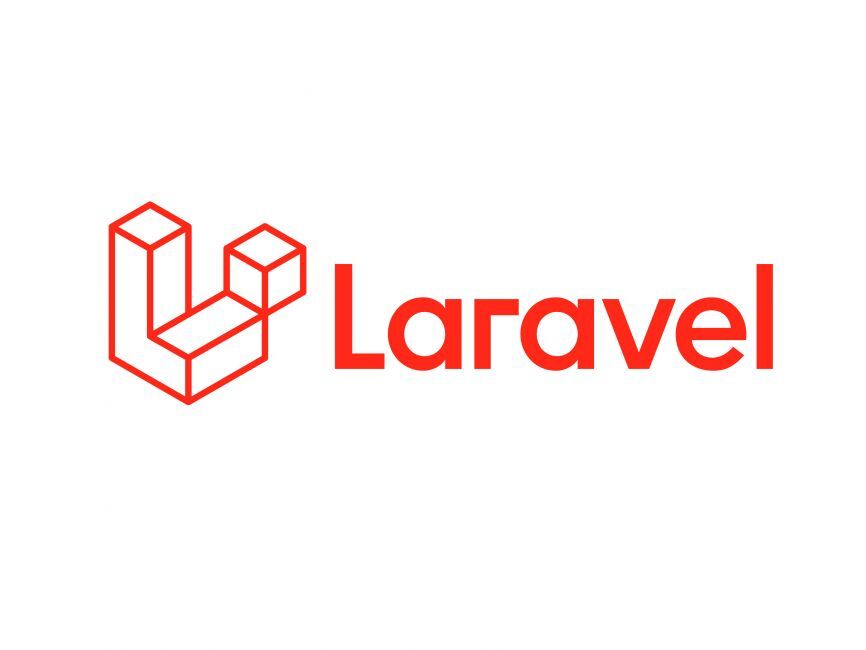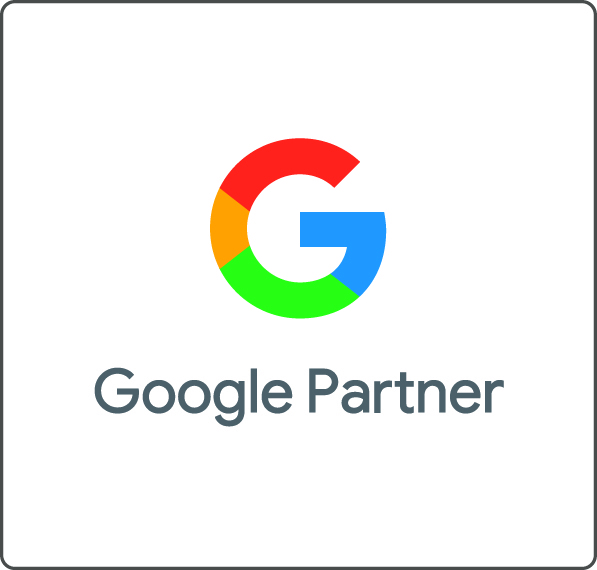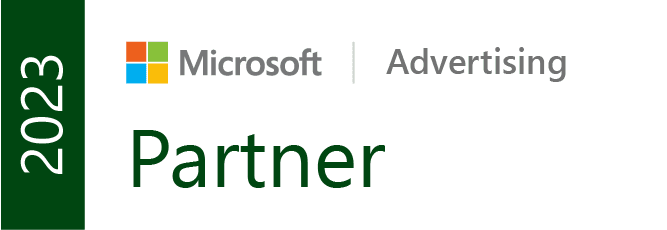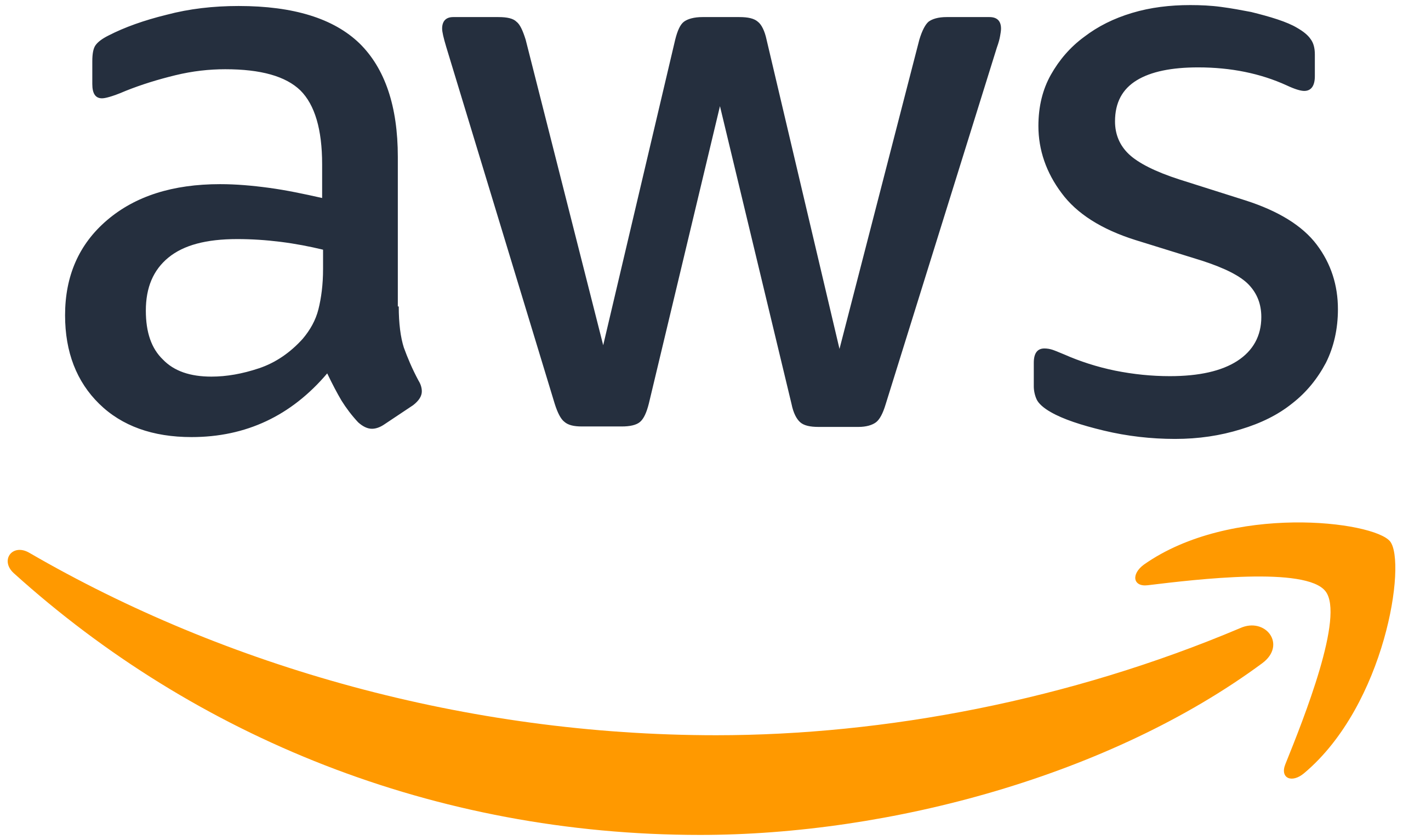The topic of David’s (Head of Paid Media) BrightonSEO talk in July 2021 was all about championing the shift from thinking about everyone searching for a particular phrase as the same, to one of audience segmentation and consideration of people’s intent and circumstance for PPC optimisation and evaluation purposes.
This may un-nerve some people, as taking a step in this direction, requires you to be bold, and to let go of the "keyword as the holy grail" - in other words, the be all and end of all of PPC focus as many PPC professionals would have you believe. PPC platforms have evolved and offer far more insights, overlaid on top of a single keyword, that it's imperative we don’t miss out on these.
We've summarised some of the highlights from David’s talk in this blog post. If you missed the event, but would like to watch the video in full you can buy an access pass. Head over to BrightonSEO’s video vault for more information.
The catalysts for change
Loss of long tail
One of the catalysts from moving away from tunnel vision on keywords is the loss of long tail keyword insights (search queries) within reports. Since September 2020 we’ve only been shown what the ad platforms believe are ‘significant volume’ in terms of ad impressions or ad clicks.
Close variants becoming more lenient
Whilst close variant search matching has been welcomed by many who don’t want to manage 100s or 1000s of closely related keywords, over the last year there has been a broadening of what constitutes a close match type. And as a result, your ads might be being matched to less relevant search queries.
Removal of broad match modifiers
We are soon going to contend with the removal of broad match modifiers. With the advent of close variants they were sort of made less useful anyway, but for anyone who has been in the PPC game for more than a few years, it’s going to be hard to not work with broad variants, and rely on Google and Microsoft to match effectively. Another example of where PPC professionals are losing a layer of granularity, and control over when ads should appear.
Voice activated search, and colloquial search
Technology has enabled us to become lazier, and expect more from systems and services. This is noticeable in the use of voice search and the manner in which we search for colloquial phrases with an expectation that the search engines and their algorithms will understand what we’re looking for.
Adoption of automation
With responsive search ads, expanded text ads and automated bidding strategies we are expected to hand over more control to the robots, who can take clues and triggers from many factors in order to bid accordingly for phrases, and pay a ‘fair price.’
We have also experienced instances though where this hasn’t worked. High CPC bids being paid based on target CPA bid strategies, with no guarantee that the investment would deliver a return. Not always helpful Google!!
A new way of thinking about campaigns
On recent calls with Google we have noticed how much they’re pushing for accounts to be structured with multiple keywords grouped together by a common theme, rather than targeting specific keywords in a tight group of phrases.
It may also be wise to start thinking of search a bit more like programmatic, in which keywords are categories and are clustered together to profile an audience from a few different lenses.
Similarly the introduction of FLoC (Federated Learning of Cohorts) is a way of grouping people together in common themes and profiling them, once again prioritising audience targeting.
How to de-prioritise keywords
The old world: where at times you could have single keyword ad groups if you wanted lots of control!
Campaign → Single keyword ad group name → keyword → standard ad
The new world: where you need to think more about the people behind the terms and use audience layers so you can get to know their profiles, and adjust your targeting accordingly. For example:
- In-market and (custom) affinity audience layers in Google ads
- LinkedIn profile data available in Microsoft ads
Campaign → Audience targeted ad group → keyword (multi match types) → responsive search ad
Separating ad groups out by audience targeting, rather than keyword targeting, enables advertisers to deliver more custom ad text and landing page experiences for different audience profiles. With the original way of looking at things you can adjust keyword bids for audiences, but you can’t talk to people differently.
Response rates to colours, imagery, and specific calls to action can vary by user groups, so you might have more to gain by optimizing their journeys
But before you jump straight in, we’re not necessarily quite there yet! Your audiences may be too small to limit your ad exposure, and they might need to be observed for a while (especially if you’re not using audiences in your PPC campaigns at the moment) so understand which ones are worth focusing on. It’s definitely worth starting to train your brain to look behind (or in front) of the keyword and put the person who’s doing the search more into the picture.
Team up with other marketing channels, rather than work in silos
Can you extract data from other sources like social, email and CRM to understand audience groups and look to apply similar learnings to your PPC activity? When you start to look at a single keyword and consider who might be using this term, you may have new ideas about how to speak to some groups differently, and therefore want to personalise their experience.
If you’ve done any significant user experience work on your website, you will likely have pen profiles and user journeys for a number of different audience types. Not many websites will have a single customer profile so they may have done some of the hard work for you! See if you can lean on these insights, maybe make more use of the journeys that have been proactively designed, and use your PPC activity as a jumping off point into the site.
Where should you go from here?
Our best advice is just to start thinking differently about how to optimise your PPC campaigns. Make full use of the audience segments for observation and targeted bid adjustments, explore what information you have available about your users, and analyse whether they behave differently based on certain criteria like gender, seniority, interests etc. but against the same keywords…
"PPC accounts are not going to change overnight, and no-one likes change, but every so often a little shake up is necessary. We look forward to testing our theories and sharing the results in due course."





